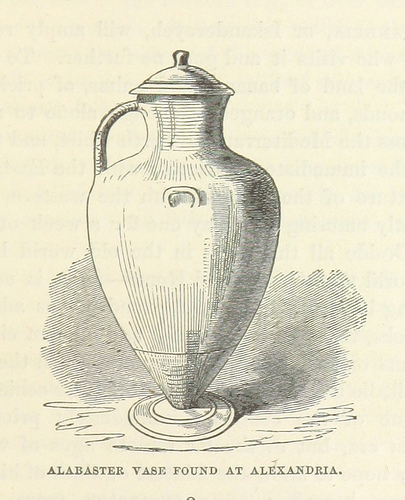Podcast: Play in new window | Download (Duration: 1:31:53 — 126.9MB) | Embed
Subscribe: Apple Podcasts | More

Georg Pencz (German, Wroclaw ca. 1500–1550 Leipzig) The Metropolitan Museum of Art, New York, The Elisha Whittelsey Collection, The Elisha Whittelsey Fund, 1966 (66.529.82) http://www.metmuseum.org/Collections/search-the-collections/336291
Psalm 51
One of the reasons that the Bible is so often rejected is because it is constantly reminding us that we’re sinners. Of course, no one will admit it but people don’t like to hear that. Not even the proudest, loudest reprobate likes to face that he was “shapen in iniquity”. It’s not that anyone really thinks that they’re unblemished by faults and failures. I’ve never met anyone nor heard of anyone who claimed to be pure. Most people admit to, at least, one or two past mistakes. “No one’s perfect” rolls very easily and naturally off all tongues but the problem with the Bible is that it makes you regret sin and what’s worse is it insists that you REPENT of your sins. “Hey, I’m willing to admit I’m no saint but that doesn’t mean I have to stop doing whatever I want.”
(Isa 55:9) For as the heavens are higher than the earth, so are my ways higher than your ways, and my thoughts than your thoughts.
“You see, it’s stuff like that. I don’t like when God says things like ‘his ways are higher than mine.'” The Bible makes very clear that in order to approach God we must come in utter humility. In fact, we must be willing to face more than humility, we must crawl to God in humiliation.
(Mat 7:14) …narrow is the way, which leadeth unto life, and few there be that find it.
The original in Matthew 7:14 is a picture of a tight space that is contracted with pressure. In other words, it is uncomfortable. The way to life…eternal life, a life with God is not easy because, among other things, it involves stepping out in humility and humiliation. Few people are willing to go so far as to say they are a lowdown, lousy, miserable sinner…even if they KNOW that they are…in order to gain life but that is the only way God will have you. “Okay, I hear you. I’m a sinner and I want to change. I don’t want to offend God and man anymore but I don’t know what to do.” In response to that I would give my usual answer: Turn to God’s Word.
In this episode we discover the beauty of Psalm 51. This is one of the, so-called, Penitential Psalms; penitential meaning something that expresses regret and sorrow for some sort of transgression or offense. In it David perfectly presents the model by which all men and women should come to God. Psalm 51 is a picture of utter shame and disgrace for sin. During this discussion we take time to cover the “back story” of this Psalm. We go over the event that led David to such a state of despair as described in excruciating, yet, poetic detail in this well-known portion of what Spurgeon calls the “Treasury of David”. This Psalm has been referred to and relied upon and meditated over by countless humbled sinners down through millennia as an introduction to their own cries for mercy and forgiveness. With tear clouded eyes we begin our frightened, saddened, burdened pleas for redemption by saying with David, “Have mercy upon me, O God, according to thy lovingkindness: according unto the multitude of thy tender mercies blot out my transgressions.” Even if your heart and conscience is, at the moment, clear of a conviction of moral and spiritual failure (don’t know too many of those but nonetheless) you should join us just to see inside the broken, crushed heart of one of the most mighty, favored men in all of human history.
If I were a betting man, I would wager that there aren’t too many people out there who aren’t touched by the wretched remorse of a broken king. Perhaps it would be best that before you start the podcast you take a moment to ask God to open your heart to, what I suspect, are the many ways you have failed Him. You may think I’m being a little presumptuous but if you’re even a little bit like me, you have a few offenses that need reconciliation. It’s okay. God already knows who we are. He just wants to make sure WE know who we are because once you and me and God are all in agreement on the miserable human condition then He can do something with us. So, go to the Spirit of Truth and ask Him to reveal to you…you, so that Psalm 51 will be your call to action to set the record straight, put your old self away and start the process of the complete renewal in His Power.

